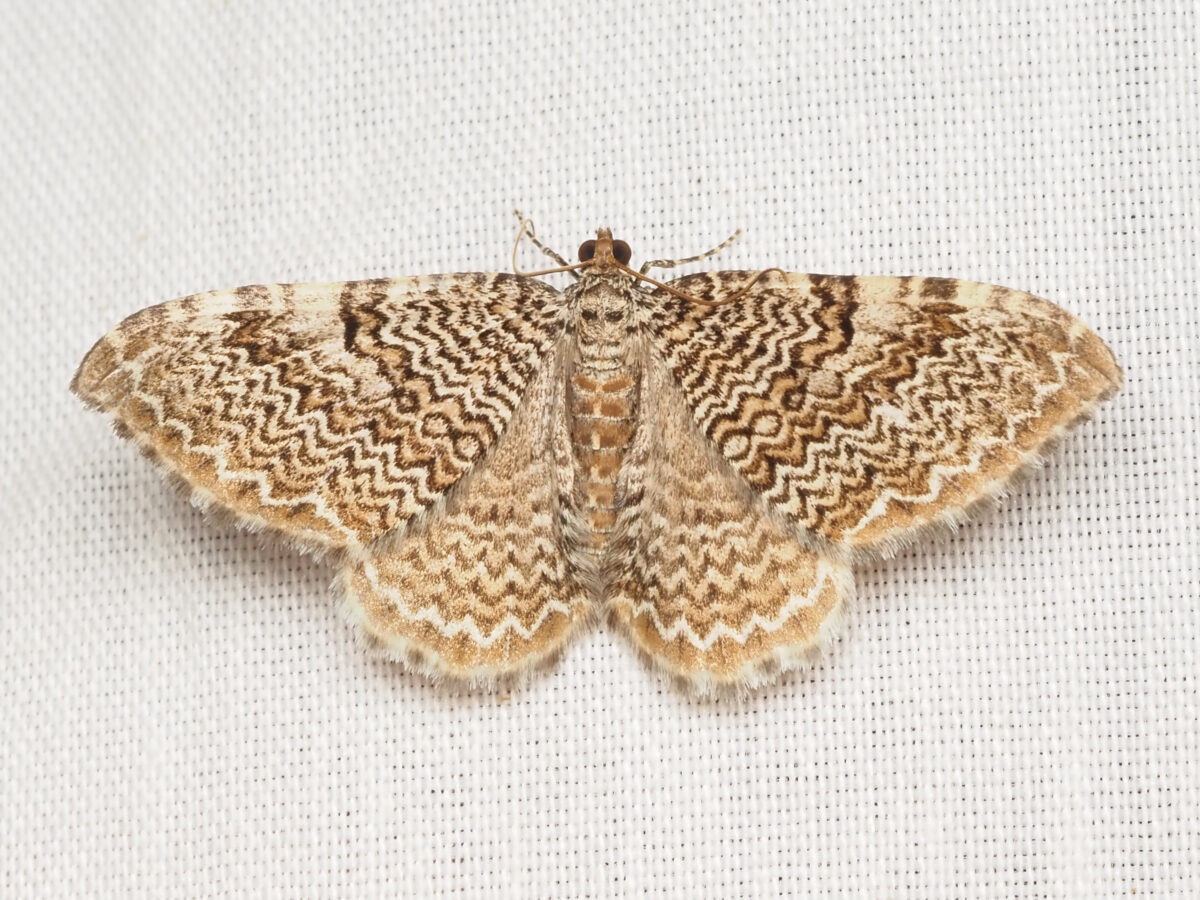GBHS temporarily suspends adoptions due to viral canine disease outbreak
Reading time: 3 minutes

An outbreak of distemper—a canine viral disease—has necessitated a temporary suspension on all dog intake and adoptions at the Greater Birmingham Humane Society (GBHS). To maximize the lives saved, GBHS is working with shelter medicine experts so you can get back to rescuing these pups. Keep reading to find out more.
Distemper outbreak

GBHS has recorded three dogs infected with the canine distemper virus (CDV), according to Chief Veterinary Officer, Dr. Lindy Alverson. But what is distemper? It’s a contagious virus that attacks the respiratory, gastrointestinal and nervous systems of puppies. Humans can’t contract this disease.
Right now the staff at GBHS are working diligently by collaborating with shelter medicine experts and establishing an aggressive response strategy. The experts include:
- Dr. Cynda Crawford of Maddie’s Shelter Medicine Program at the University of Florida
- Dr. Brendan Bergquist, Assistant Clinical Professor of Shelter Medicine at Auburn University’s College of Veterinary Medicine.
““We learned today [April 27th] that nine other shelters in the southeast are also dealing with outbreaks of CDV.”
Allison Black Cornelius, CEO, Greater Birmingham Humane Society
The plan

Thankfully, GBHS has a proactive plan that they believe will maximize the number of lives saved while also minimizing further spread of the virus. Their plan includes temporarily suspending dog adoptions, owner surrendering and the intake of healthy, non-dangerous stray dogs.
Pups that have had direct exposure to those infected are in quarantine, being tested and monitored for symptoms. Cats are not at risk for infection since this is a canine virus, so you can still adopt the kitties.
The source of this outbreak is currently unknown.
“At this time, GBHS does not believe the majority of the animals in our care were directly exposed. Dogs that are a risk to public safety, severely injured, or that have been seized for neglect or cruelty, and that must be brought into the shelter will be housed in a separate area from the quarantined population. Different staff is dedicated to providing care for the dogs in separate areas to prevent cross-contamination.”
Dr. Lindy Alverson, Chief Veterinary Officer, Greater Birmingham Humane Society
What to do if you recently adopted from GBHS
If you’ve recently adopted, transferred or reclaimed a dog from GBHS in the past month, they will be offering drive-by testing at the Snow Drive Center parking lot.
To reduce wait time and cross-contamination, you will need to schedule a time to come by. If you have any questions, email them at CDV@gbhs.org.
- Location: 300 Snow Dr, Birmingham, AL 35209
Right now the shelter is testing over 200 dogs, so remember to practice patience as they maintain the safest practices while tackling this outbreak.
“It is important to note that CDV is carried by local wildlife, including raccoons, foxes, skunks, and coyotes. Couple that with a large population of unvaccinated or under-vaccinated dogs, running at large with exposure to wildlife, and you significantly increase the chance that a dog may contract the virus and bring it with them to our facility
Dr. Lindy Alverson, Chief Veterinary Officer, Greater Birmingham Humane Society
Check out our Instagram post about animal shelters in Birmingham and don’t forget to follow and subscribe to our newsletter.



